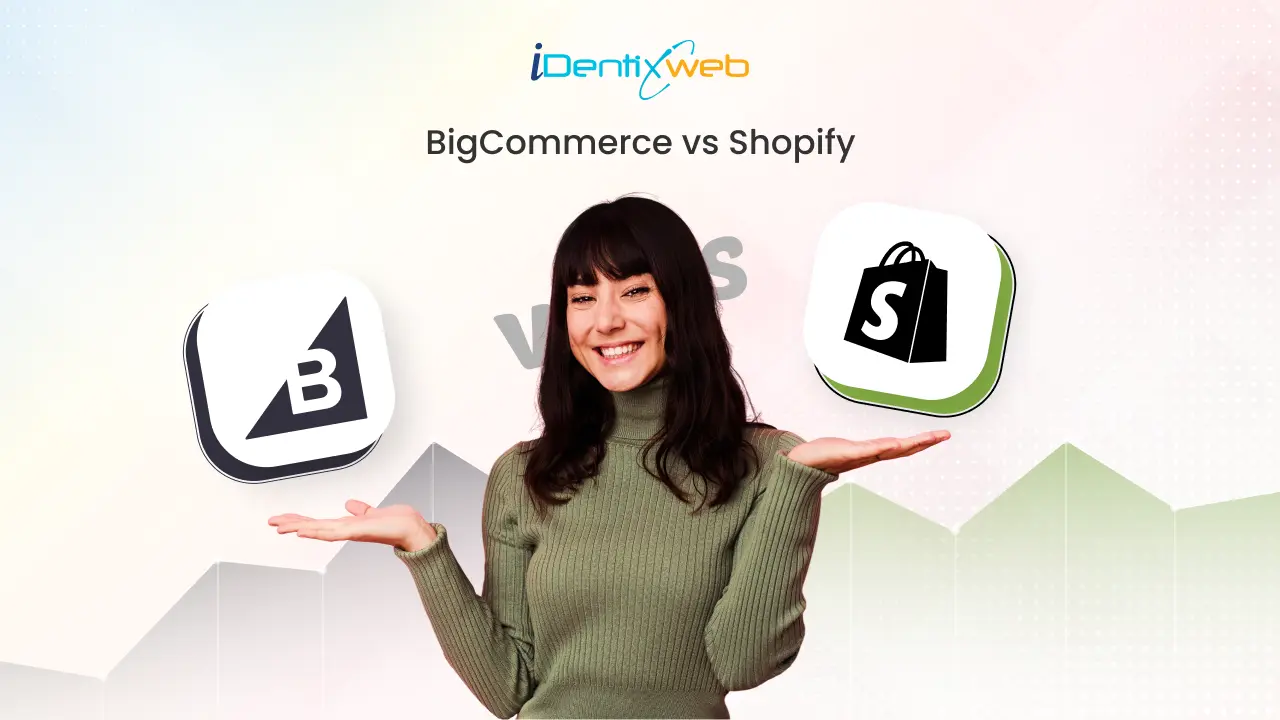
When it comes to launching or scaling an online store, the BigCommerce vs Shopify debate is one of the hottest topics in the ecommerce world. Both platforms boast millions of users worldwide, are feature-rich, and promise to help you sell more.
But which one truly delivers for your specific business model?
In this detailed BigCommerce vs Shopify comparison, we’ll break down features, pricing, ease of use, and community feedback (including Reddit discussions) to help you make an informed decision.
What is BigCommerce?
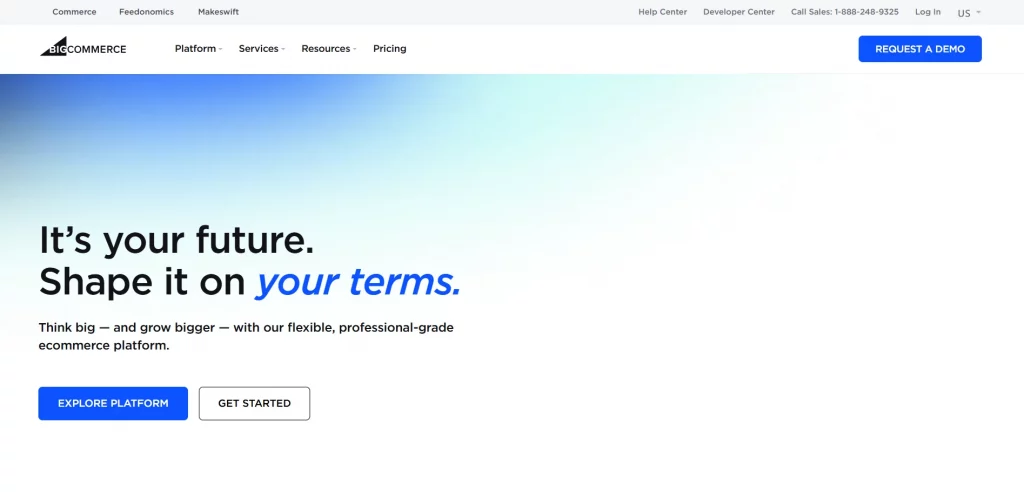
BigCommerce was founded in 2009 and serves as a hosted ecommerce platform designed for fast-growing businesses and enterprises. Its main selling point is that many advanced features are built in, meaning you won’t always need to install third-party apps for basic functionalities like real-time shipping quotes, customer segmentation, or bulk pricing.
It’s especially popular among merchants who want enterprise-level control without paying enterprise-level custom development costs.
What is Shopify?

Shopify is a leading cloud-based, subscription based ecommerce platform that enables individuals and businesses to create, customize, and manage online stores without advanced technical skills. Founded in 2006, it now powers over 4 million businesses worldwide across various industries.
Shopify offers a complete ecommerce solution, including customizable themes, secure payment processing, inventory management, marketing tools, and multi-channel selling across websites, social media, marketplaces like Amazon, and in-person through Shopify POS.
Bigcommerce vs Shopify Pricing Plans
When comparing BigCommerce and Shopify, pricing plays a significant role in deciding which platform is right for your business. Both start at similar entry points, but the way they structure their plans, especially BigCommerce’s sales limits, can make a significant difference as you grow.
BigCommerce Pricing
- Standard: $39/month — capped at $50k/year in online sales
- Plus: $105/month — capped at $180k/year in online sales
- Pro: $399/month — capped at $400k/year in online sales (extra $150/month for every $200k over)
- Enterprise: Custom pricing
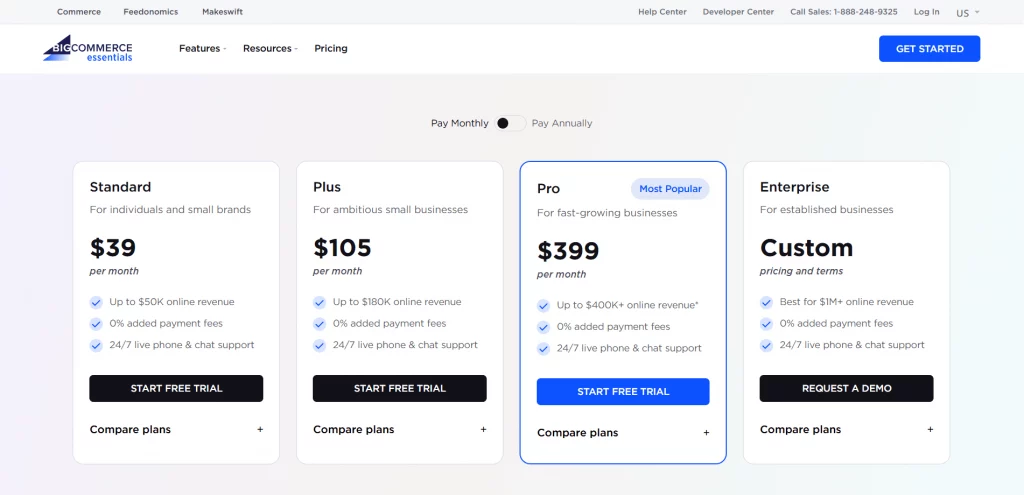
Shopify Pricing
- Basic: $39/month — best for beginners & small businesses
- Shopify: $105/month — more reporting, better shipping rates
- Advanced: $399/month — advanced reporting & lower transaction fees
- Plus: Custom pricing for enterprise
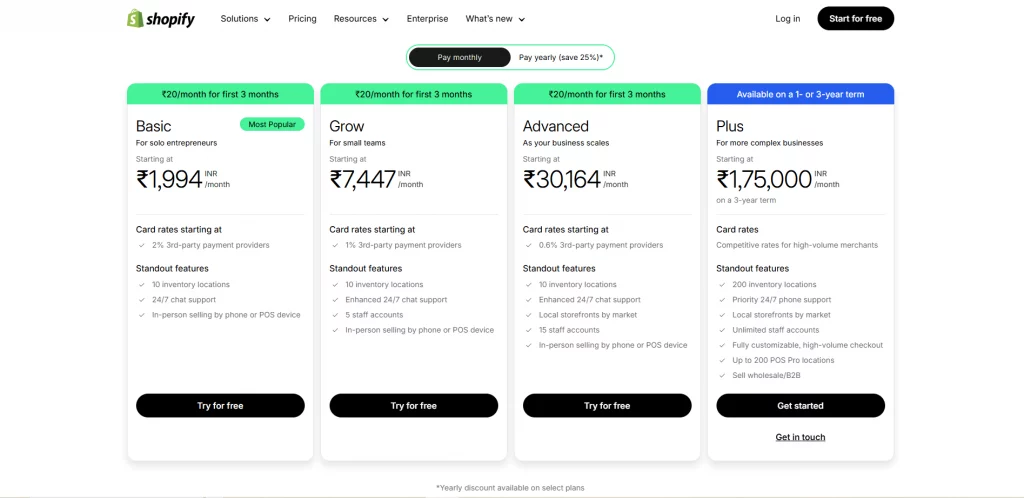
Shopify vs BigCommerce: Side-by-Side Features Comparison
| Feature | Shopify | BigCommerce |
| Ease of Use | Very beginner-friendly, drag-and-drop editor | Slightly steeper learning curve, but more built-in features |
| Themes & Design | 100+ professional themes (free & paid) | 150+ responsive themes (free & paid) |
| Payment Gateways | 100+ integrations, Shopify Payments (0% fees) | 65+ gateways, no extra transaction fees |
| SEO Features | Good SEO tools + apps | Advanced built-in SEO tools |
| App Marketplace | 8,000+ apps for customization | 1,000+ apps but many features built-in |
| B2B & Wholesale | Requires apps like, Wholesale Hero B2B Pricing | Built-in B2B features |
| Dropshipping Support | Wide range of dropshipping apps like Oberlo alternatives | Good for dropshipping but fewer native apps |
| Pricing Plans | Starts at $39/month | Starts at $39/month |
| Transaction Fees | 0% with Shopify Payments, otherwise fees apply | No extra fees regardless of gateway |
| Support | 24/7 live chat, phone, email | 24/7 live chat, phone, email |
BigCommerce vs Shopify: What's the Pros & Cons?
Pros & Cons of BigCommerce
Pros
- Many features built-in, including advanced SEO, B2B tools, and product filtering.
- No transaction fees regardless of payment gateway.
- Strong B2B capabilities such as wholesale pricing, customer groups, and quote requests.
- Advanced SEO control with custom URLs, microdata, and AMP support.
- Built-in multi-channel selling with Amazon, eBay, Walmart, and Google.
Cons
- Steeper learning curve for beginners compared to Shopify.
- Annual sales caps on each plan, which can lead to forced upgrades.
- Smaller app marketplace than Shopify, though fewer apps may be needed.
Pros & Cons of Shopify
Pros
- Beginner-friendly with an intuitive interface and drag-and-drop store builder.
- Large app ecosystem with over 8,000 apps for added features and integrations.
- Great for dropshipping with apps like DSers, Spocket, and Printful.
- Scales easily from small startups to enterprise-level brands.
- Multi-channel selling on Facebook, Instagram, TikTok, Amazon, and more.
Cons
- Relies heavily on apps for advanced features, which can increase costs.
- Transaction fees apply if not using Shopify Payments.
- Limited built-in SEO features compared to BigCommerce.
Shopify vs BigCommerce: Which One Should You Choose?
- Choose Shopify if you value simplicity, flexibility, and a huge app ecosystem for customization.
- Choose BigCommerce if you want powerful built-in features, strong SEO tools, and advanced B2B capabilities without relying heavily on third-party apps.
Community Feedback (BigCommerce vs Shopify Reddit)
On platforms like Reddit, you’ll find mixed opinions on BigCommerce vs Shopify. Many users recommend Shopify for its ease of use, vast app ecosystem, and dropshipping support, making it ideal for beginners and fast-scaling businesses.
BigCommerce, on the other hand, is often favored by sellers who want powerful built-in features, advanced SEO tools, and strong B2B capabilities without relying heavily on third-party apps. However, some Redditors mention that its sales caps and steeper learning curve can be challenging for new users.
Discussion 1: Big commerce VS Shopify
Discussion 2: BigCommerce vs Shopify for a jewelry business?
Discussion 3: What do you guys think of Bigcommerce vs Shopify?
Discussion 4: BigCommerce vs. Shopify SEO
Discussion 5: Deciding between BigCommerce and Shopify+
Final Thoughts: Which Platform Wins for Your Business?
If your priority is simplicity, flexibility, and fast store setup, Shopify is a great choice, especially with its vast app marketplace and top-notch dropshipping integrations. For businesses seeking robust built-in features, advanced SEO capabilities, and powerful B2B tools, BigCommerce can deliver more without heavy reliance on third-party apps.
In either case, your platform is just the starting point, optimizing it with the right tools makes the real difference. For Shopify merchants, apps like iCart – Shopify Upsell App and Wholesale Hero B2B Pricing can help increase average order value, streamline wholesale pricing, and enhance the shopping experience.
Not sure yet? Discover more options beyond BigCommerce vs Shopify by checking our comparisons of leading e-commerce platforms,
FAQs
1. Is Shopify better than BigCommerce?
Yes, for ease of use, dropshipping, and app variety, Shopify is often the better choice.
2. Is BigCommerce better than Shopify?
For advanced built-in features, SEO tools, and B2B selling, BigCommerce can be the stronger option.
3. Is BigCommerce good for dropshipping?
Yes, but Shopify has more integrations, making it slightly better for dropshipping.
4. Is BigCommerce B2B or B2C?
It supports both, with strong built-in B2B features.
5. Is BigCommerce beginner friendly?
It’s less beginner-friendly than Shopify, but offers more built-in tools once you learn the system.


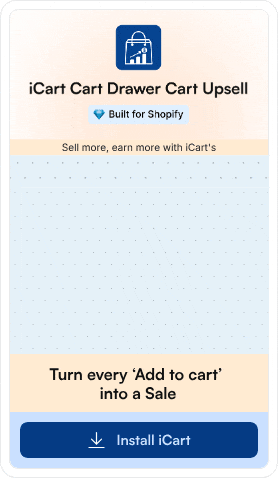
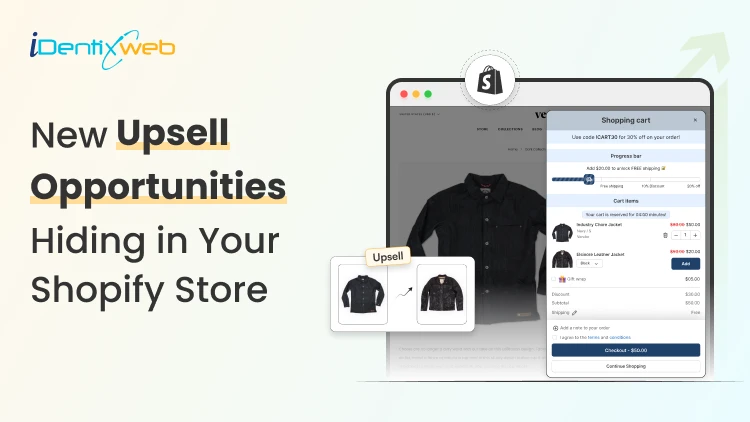
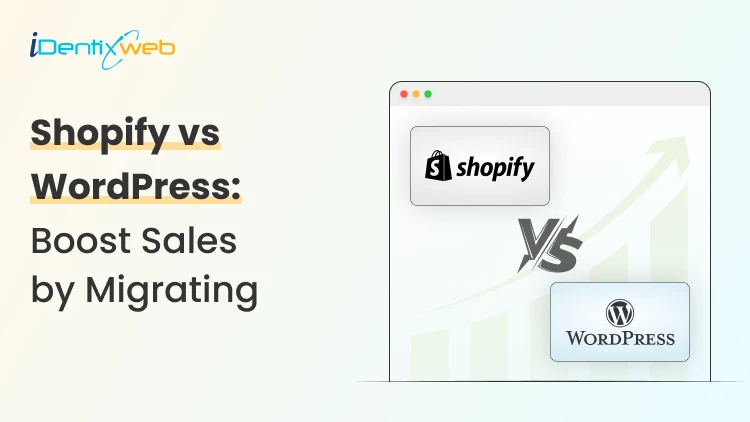
![How to Change Shopify Cart Icon in Just 4 Steps [For All Themes] How to Change Shopify Cart Icon in Just 4 Steps [For All Themes]](https://www.identixweb.com/wp-content/uploads/2026/02/19-02-Thu-Blog-How-to-Change-Shopify-Cart-Icon-in-Just-10-Minutes_.webp)

About the author
Bhavesha Ghatode
Explore Content with Bhavesha, a passionate and dedicated technical content writer with a keen understanding of e-commerce trends. She is committed to sharing valuable insights, practical assets, and the latest trends that can help businesses thrive in a competitive environment.